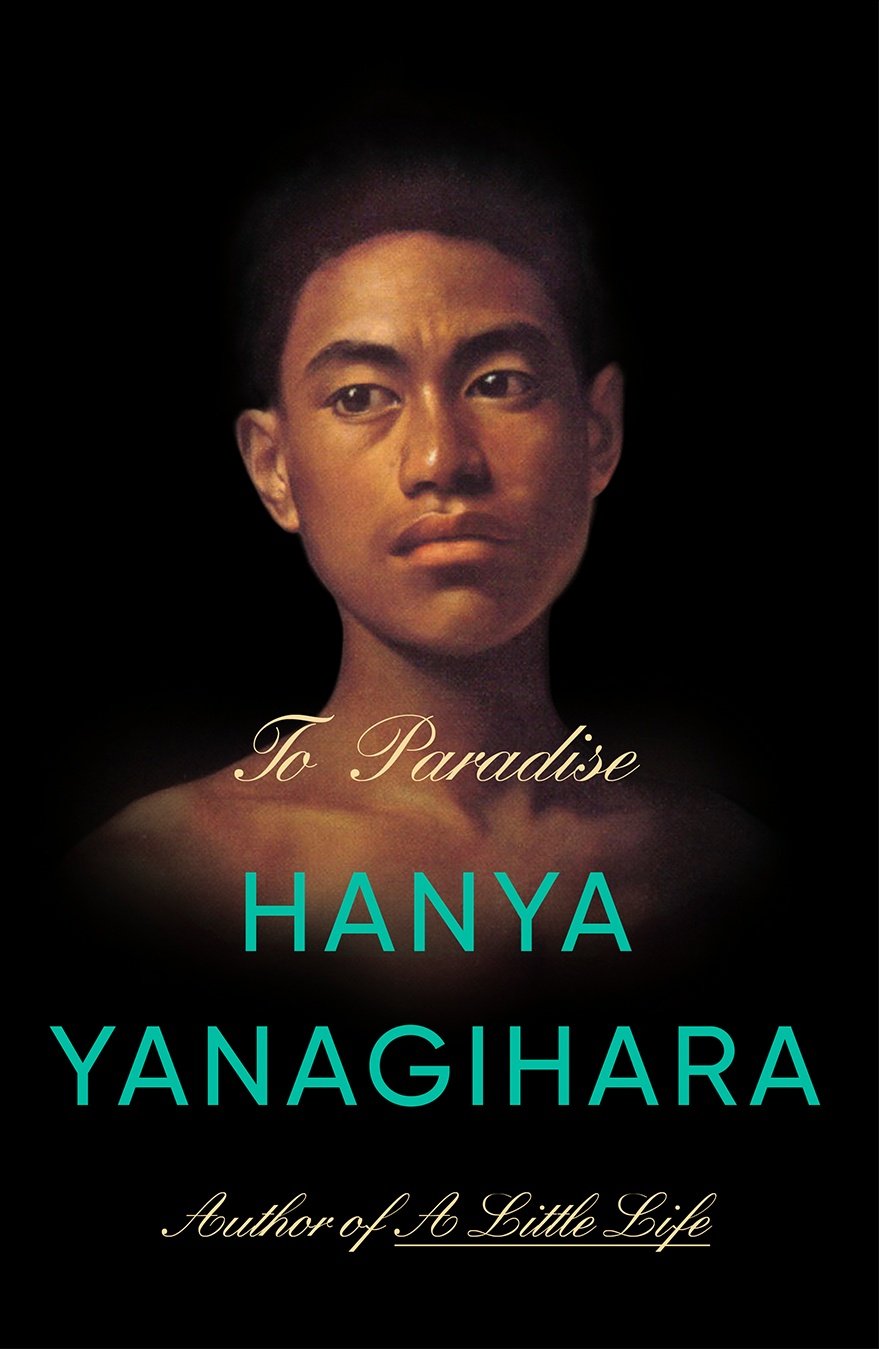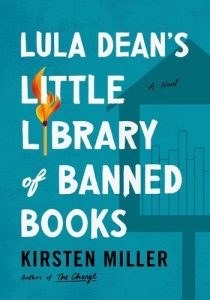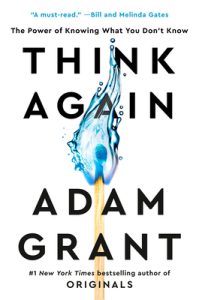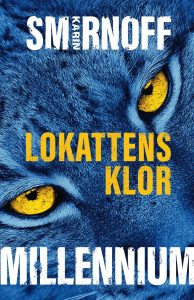
Hanya Yanagihara’s To Paradise is a sprawling, audacious literary project that attempts to capture the evolution of love, loss, and the search for utopia across three centuries of alternate Americas. Following the international acclaim of A Little Life, Yanagihara returns with a work that is both dazzling in its scope and divisive in its execution.
The novel unfolds in three distinct yet thematically connected sections: 1893, 1993, and 2093. Each takes place in a reimagined version of the United States, united by recurring names, motifs, and moral questions. The connections between these timelines are not linear but emotional, creating a haunting echo of repetition and longing that spans generations.
A Symphony of Eras and Emotions
In the first part, set in 1893 New York, the Free States promise liberty and tolerance, yet their ideals crumble under social expectations. We meet David Bingham, a fragile young man of privilege whose life is tightly controlled by his grandfather. When he falls in love with Edward, a charming but impoverished music teacher, David faces the painful tension between duty and desire. This section reads like an alternate history romance wrapped in a quiet tragedy. Its bittersweet ambiguity lingers, leaving readers to wonder whether paradise ever truly existed for David.
The second section transports us to 1993 Manhattan, in the shadow of the AIDS epidemic. Here, another David this time a young Hawaiian man lives with his older, wealthier partner, Charles. Yanagihara deftly captures the emotional exhaustion of the era, balancing tenderness and sorrow as David conceals both his past and the truths about his father’s life back in Hawaii. A long letter from his father dominates the latter half, offering insight into family fractures and cultural dislocation. Yet this middle act can feel distant and overly drawn out, its emotional impact dulled by its format.
The third section, set in a dystopian 2093, feels like a grim reflection of our own anxieties. Pandemics, totalitarian regimes, and eroded freedoms define a crumbling America. Charlie, a woman scarred by illness and isolation, navigates life under constant surveillance and fear while uncovering secrets about her husband and grandfather. Though this futuristic world is richly imagined, its dense structure and alternating perspectives slow the narrative’s momentum. Still, it delivers moments of profound sadness and reflection that echo the loneliness of the previous eras.
Thematic Depth and Structural Risk
Yanagihara’s prose remains one of her strongest assets. Her sentences glide effortlessly, her observations on love, shame, and power strike deep. She writes with the confidence of a master craftsman, and at her best, she evokes the ache of being human our desire to protect the people we love, our fear of losing them, and our futile attempts to build paradise on earth.
Yet To Paradise is far from flawless. Its ambition occasionally overwhelms its heart. The repetition of names like David and Charles is intriguing but not always effective, leaving readers puzzled about whether these echoes serve a greater meaning or simply a stylistic flourish. The pacing fluctuates dramatically: the first section brims with emotional tension, the second drifts into detachment, and the third drowns in its own world-building.
Readers who adored A Little Life for its emotional devastation may find To Paradise colder, more cerebral, and less immersive. While it raises fascinating questions about freedom, identity, and what it means to belong, it doesn’t always deliver the visceral impact that made Yanagihara’s earlier work unforgettable.
Final Thoughts
To Paradise is both a triumph of imagination and a test of endurance. It is a book that will divide readers some will marvel at its ambition, others will struggle through its length and fragmentation. But even with its unevenness, it stands as a remarkable exploration of how love and suffering persist through the ages, reshaping what it means to be human.
If you are drawn to intricate storytelling, literary experimentation, and philosophical reflection, To Paradise is a journey worth taking.


